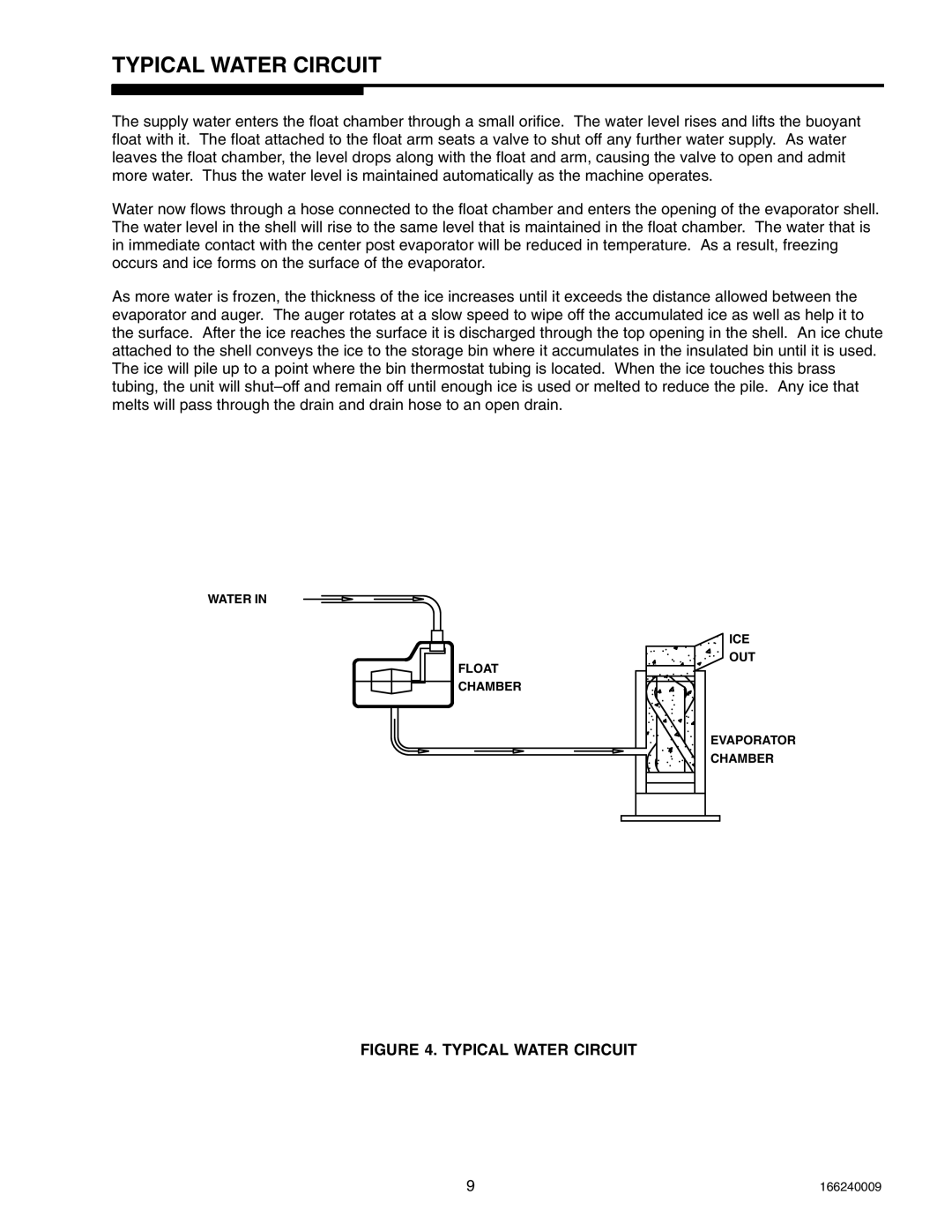2400 (R404A), SERIES 1100 (R22), 750 (R404A) specifications
Cornelius 750, 1100, and 2400 are part of a line of refrigeration systems designed to meet the diverse needs of various industries, including food service and beverage dispensing. Each model utilizes specific refrigerants—R404A for the 750 and 2400, and R22 for the 1100—highlighting their engineering innovations and operational efficiencies.The Cornelius 750 (R404A) is engineered for optimal performance in demanding environments. It is noted for its compact design, making it ideal for applications where space is limited. With advanced thermal management technologies, it guarantees rapid cooling and maintains temperature integrity, which is crucial for preserving the quality of stored goods. The energy-efficient compressor employed in this model not only reduces operational costs but also minimizes its environmental footprint, adhering to modern sustainability standards.
Similarly, the Cornelius 1100 (R22) is a robust refrigeration unit best suited for larger scale operations. It features heavy-duty construction and advanced coil technology, which enhances its heat exchange efficiency. The R22 refrigerant used in this series is well known for its effectiveness in high-temperature environments, making it a preferred choice for various cooling applications. Despite the phase-out of R22, systems utilizing it remain widely in service, offering reliability and performance that many operators depend on.
The Cornelius 2400 (R404A) is designed for high-capacity applications, tailored to meet the demands of busy food service environments. One of its standout features is its ability to maintain consistent temperatures even under heavy load conditions. This model incorporates enhanced insulation and improved airflow mechanisms that contribute to reduced energy consumption. The use of R404A refrigerant allows for robust cooling performance while also being more environmentally conscious than older refrigerants.
All three models emphasize advanced features such as electronic controls, customizable settings, and diagnostic capabilities, allowing for easy monitoring and maintenance. These technological enhancements not only improve operational efficiency but also extend unit longevity, saving users time and money in the long run.
In summary, the Cornelius 750, 1100, and 2400 refrigeration series showcases a combination of reliability, efficiency, and performance attributes. Their unique refrigerants, advanced cooling technologies, and innovative design make them ideal choices for varied refrigeration needs in the commercial sector.

